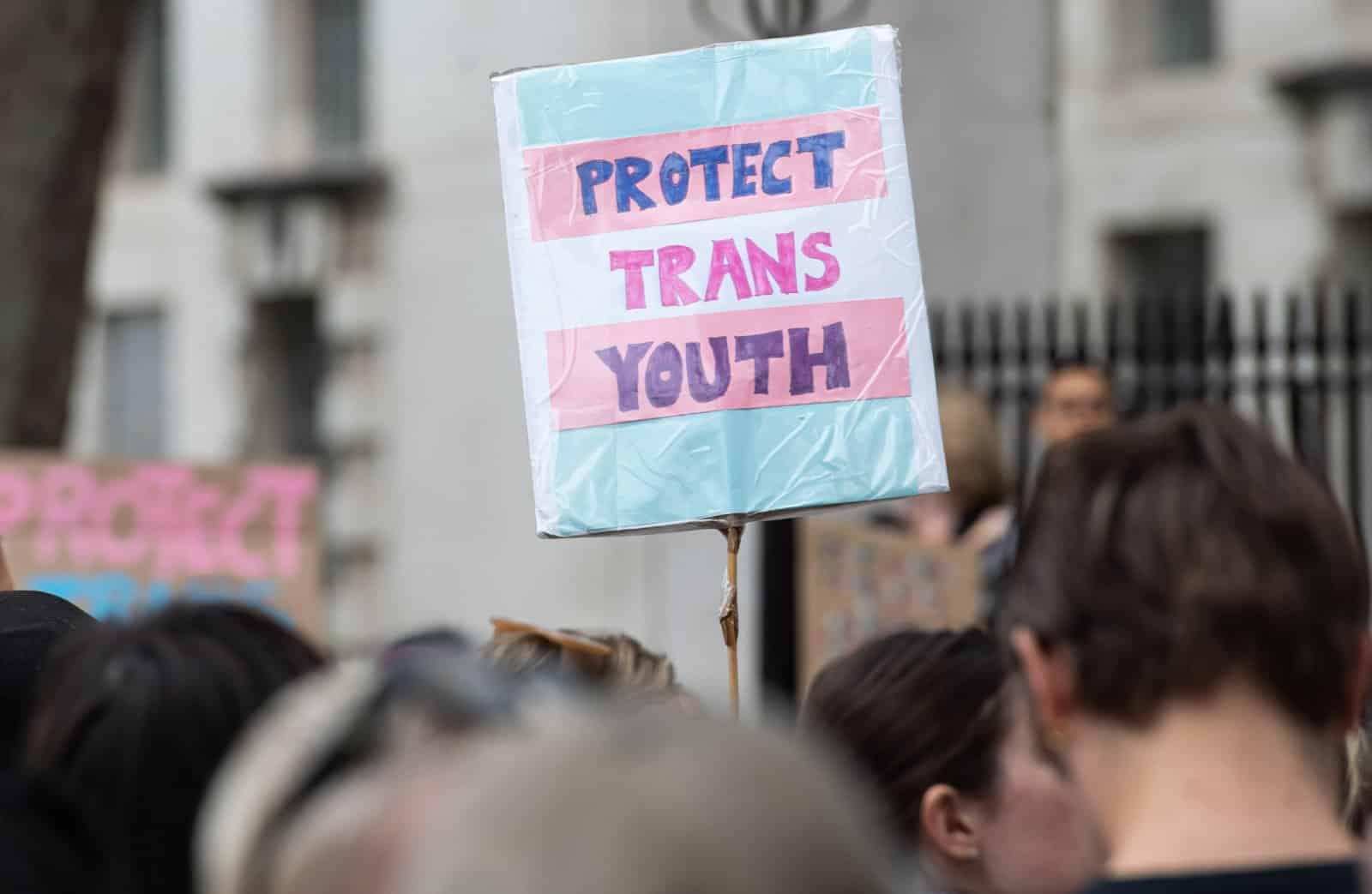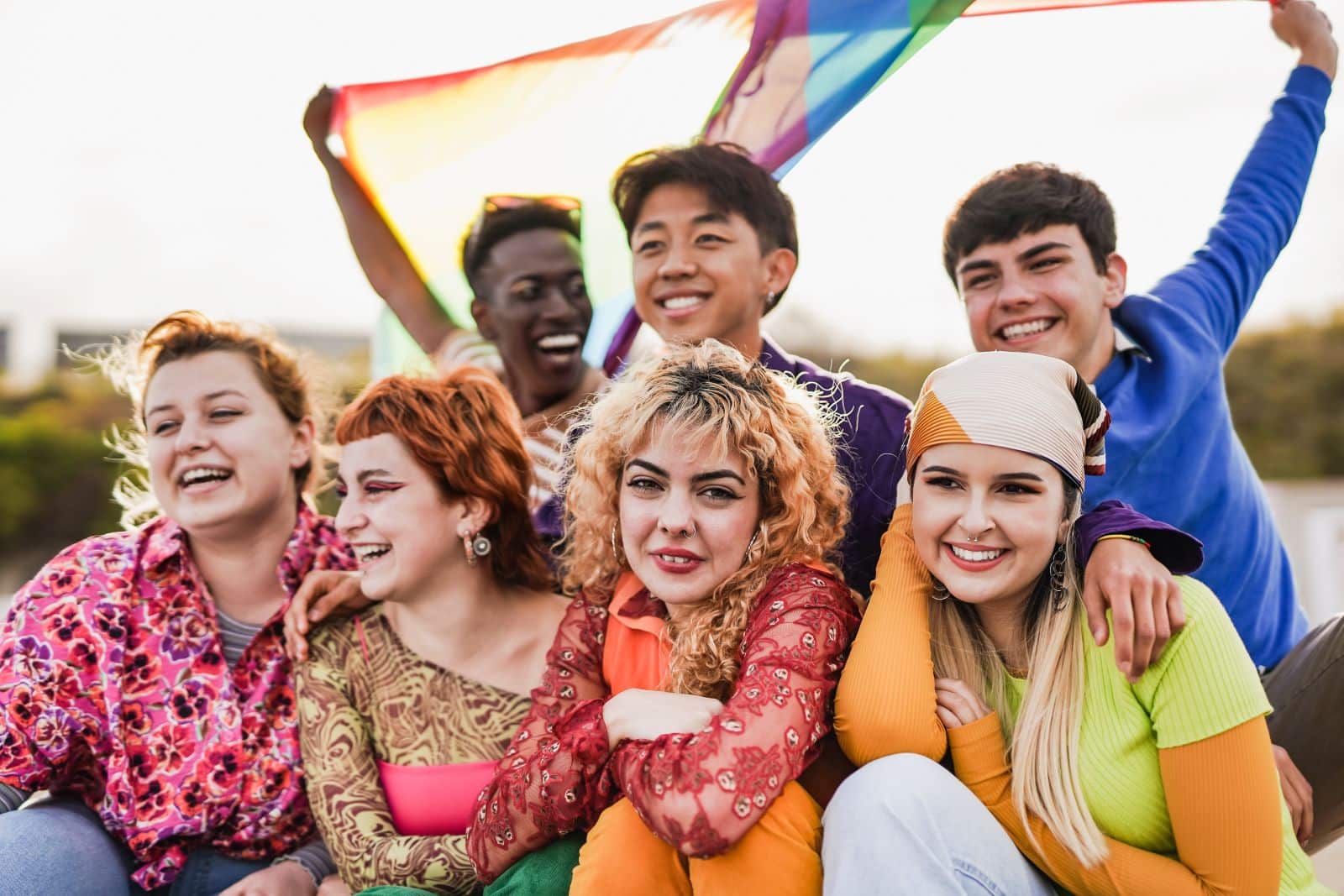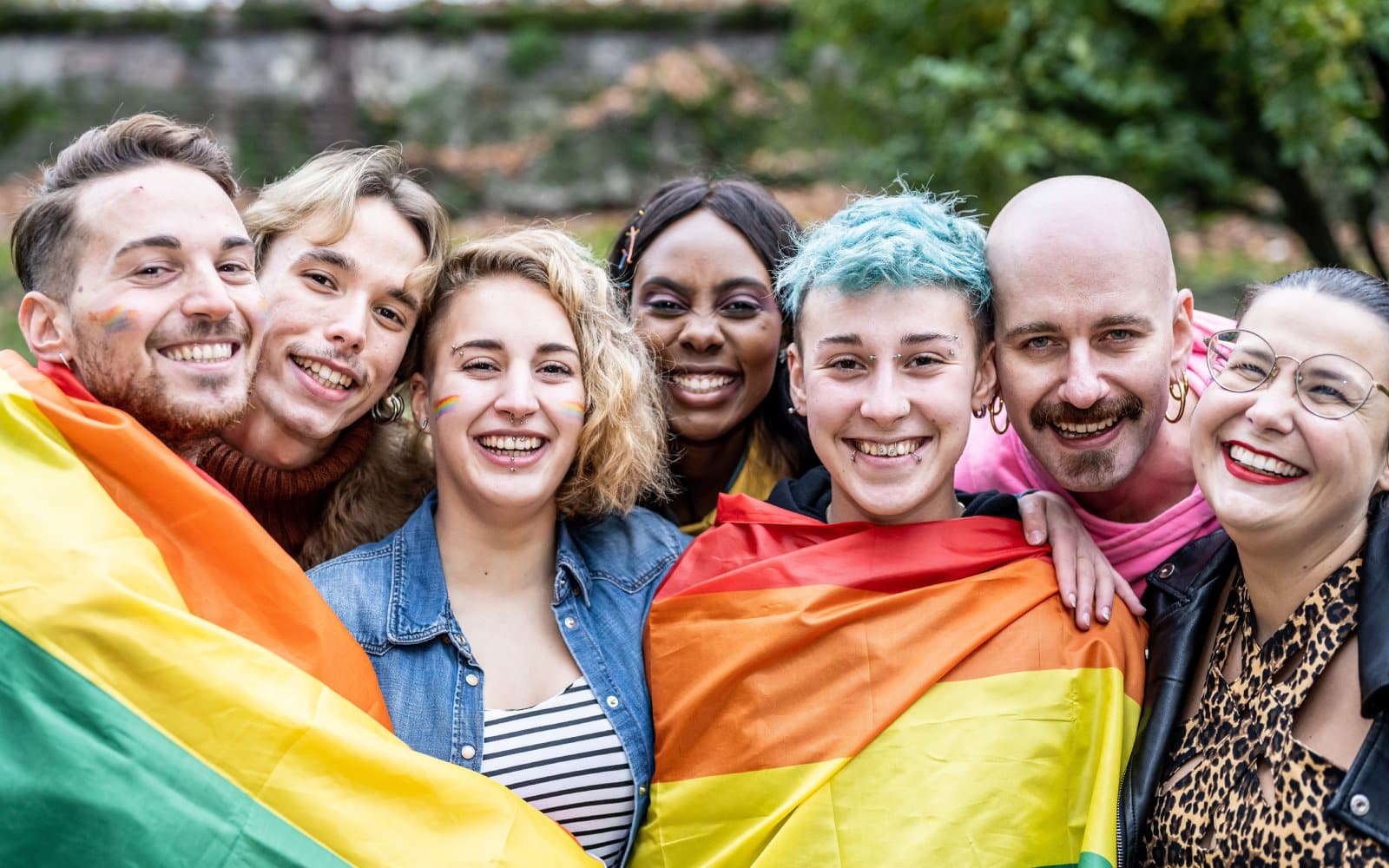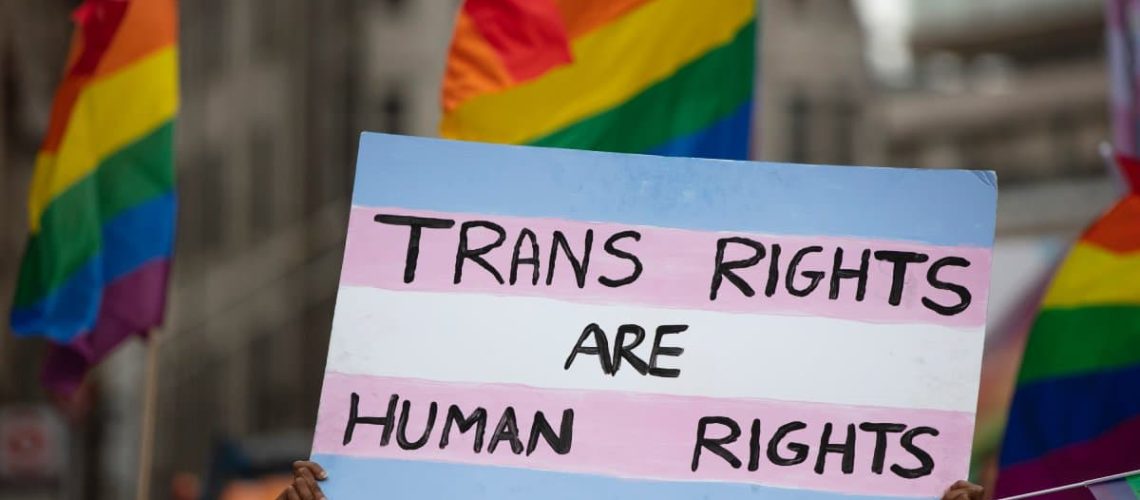A recent Gallup poll has revealed that more than six in ten U.S. adults oppose laws that ban gender-affirming care for minors, but the majority also think changing genders is “morally wrong.”
Growing Resistance

This poll on support for gender-affirming care for minors indicates that there could be growing resistance to far-right efforts to limit healthcare options for transgender youth across the country.
Gallop Polls

The poll was conducted by Gallop, a renowned analytics and advisory company that has been conducting polls for over 80 years and providing data-driven insights on various social, political, and economic issues.
Specific Support Statistics

According to the poll, 60% of the general population of adults in the United States oppose gender-affirming care bans for minors, which are seemingly far more common over the past few years.
Supporting Bans

In contrast to the majority of American adults who oppose these bans, the poll also revealed that 53% of Republicans support these bans.
The Partisan Divide

Since the majority of Republicans agree with these bans, it is clear this issue also has a partisan divide, like the majority of LGBTQ+ issues being debated on the political stage of America.
Changing Perceptions

While 51% of Americans view transitioning as morally wrong, younger adults and political liberals show a higher acceptance and hint at changing perceptions in the future with younger generations.
The Rates

The Gallup poll said, “Those who consider it morally acceptable include political liberals (81%), Democrats (72%), those who don’t identify with a religion (67%).”
Skipping Church for Acceptance

The Gallup polls also said people who don’t regularly attend religious services were at 59%, with young adults aged 18 to 29 at 56% and college graduates at 53%.
Gender Differences in Views

The poll also showed more women than men believe gender transition is morally acceptable, with 48% of women and 39% of men supporting this view.
Opposition Levels

Megan Brenan from Gallup says, “In both cases, a little more than one-third of U.S. adults favor laws banning gender-affirming care, and just over six in 10 oppose such laws.”
LGBTQ+ Identification Trends

Unsurprisingly, LGBTQ+ identification in the U.S. has grown significantly in the twenty-first century with 7.6% of U.S. adults identifying as part of the LGBTQ+ community, with younger generations seeing steady increases.
Generational Growth in Identification

More than one in five Gen Z adults identify as LGBTQ+ when compared to less than one in ten millennials, indicating a broader acceptance and identification with LGBTQ+ identities among younger adults.
One in Five

In a Gallup poll, Jeffrey M. Jones reported, “More than one in five Gen Z adults, ranging in age from 18 to 26 in 2023, identify as LGBTQ+, as do nearly one in 10 millennials.”
Women and LGBTQ+ Identification

Gallup also revealed women are almost twice as likely as men to identify as LGBTQ+, with 8.5% of women and 4.7% of men identifying as LGBTQ+.
Future Implications

If this current trend continues, the proportion of U.S. adults identifying as LGBTQ+ will exceed more than 10% within the next few decades with shifting societal norms and increasing acceptance of diverse sexual orientations and gender identities.
South Carolina’s Ban

Highlighting the growing tension around gender-affirming care for minors in America, South Carolina Governor Henry McMaster recently announced that he would sign a law that would ban such care in the state.
The 25th State

After the ceremonial bill signing, South Carolina will become the 25th state to ban gender-affirming care in the United States, as this type of care has come under public scrutiny.
Stopping Healthcare Professionals

This new law will effectively stop healthcare professionals from performing gender-transition surgeries, prescribing puberty blockers, and overseeing hormone treatments for individuals under 18.
Reassuring Transgender Youth

After the new law was passed, Executive Director of the Harriet Hancock Center, Cristina Picozzi, attempted to reassure the transgender of their inherent dignity and worth, regardless of the law.
You Are Worthy

Picozzi said, “To all of the young people in South Carolina and their parents who are reading this news and feeling fear for the future, please know: no law can change the fact that you are worthy of dignity, equality, joy, and respect.”
21 Beliefs About the Bible That Are Actually False

The Bible is one of the most discussed and debated books in history, yet many common beliefs about it are more myth than fact. How many of these misconceptions have you heard before? 21 Beliefs About the Bible That Are Actually False
21 Subtle Racisms That Are Commonplace in America

Racism in America isn’t always overt; it often hides in plain sight through subtle actions and attitudes. How many of these subtle racisms have you noticed around you? 21 Subtle Racisms That Are Commonplace in America
Only Legal in America: 21 Things You CAN’T Do in the Rest of the World

The U.S. dances to its own beat, especially when it comes to laws that make the rest of the world do a double-take. Here’s a lineup of things that scream “Only in America,” sticking strictly to what’s written in the law books. Ready for a tour through the American legal landscape that’ll leave you wondering if freedom might just be a bit too free? Only Legal in America: 21 Things You CAN’T Do in the Rest of the World
Featured Image Credit: Shutterstock / Ink Drop.

